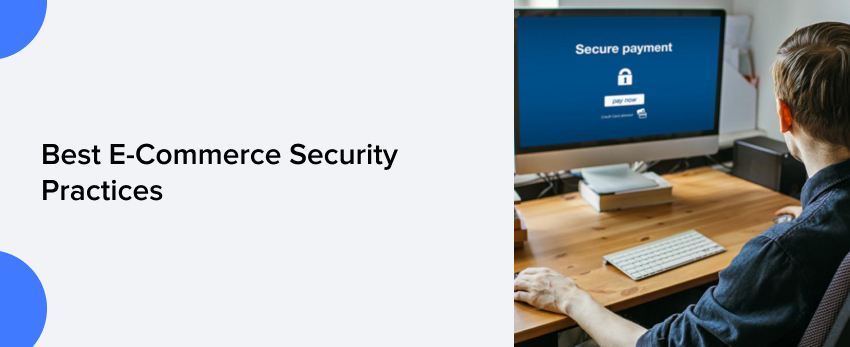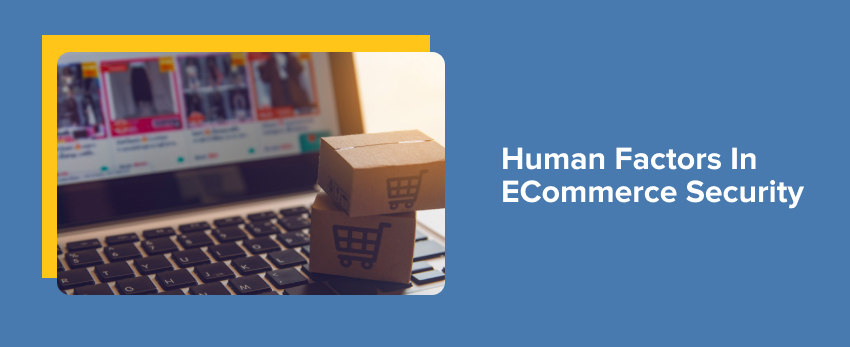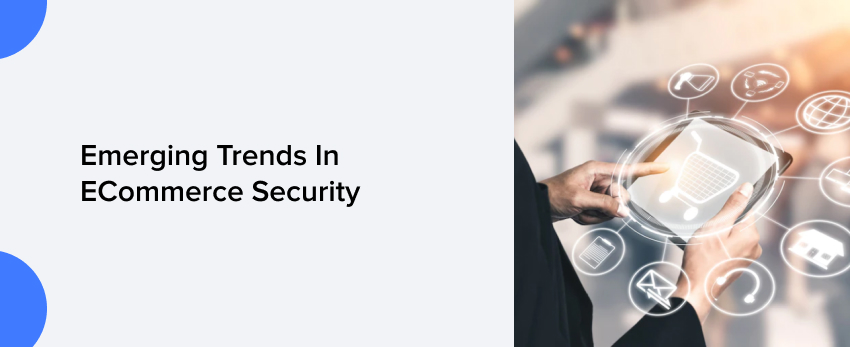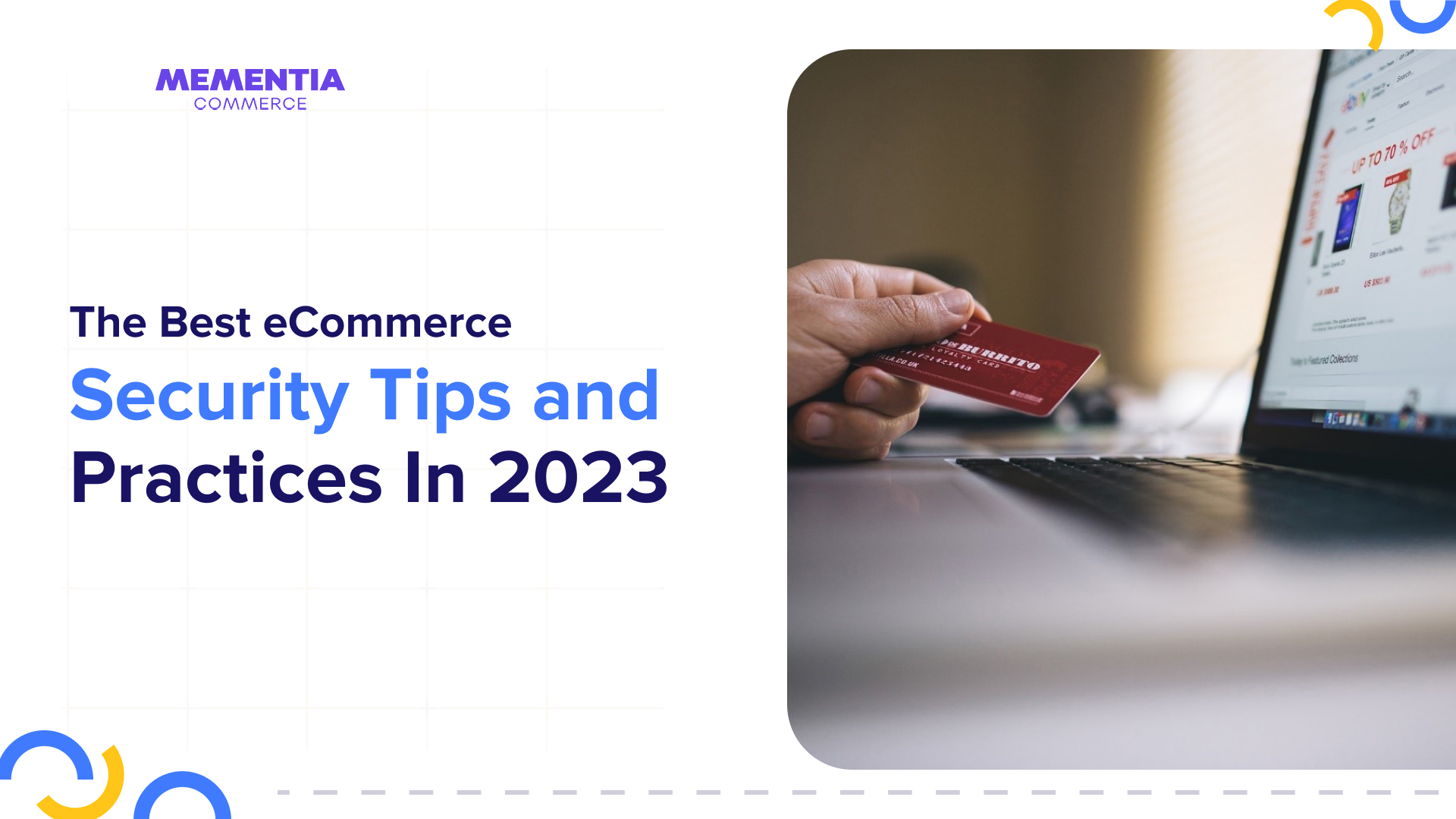As the digital landscape evolves, eCommerce security remains a critical priority for online store owners. Cyber threats are becoming increasingly sophisticated, and ensuring the safety of customer data and transactions is paramount. Here are some proven eCommerce security tips to help safeguard your online store in 2023.
Understanding eCommerce Security Threats
Before diving into the security measures, it’s crucial to understand the common threats faced by eCommerce businesses today:
- Data Security Breaches: Unauthorized access to sensitive customer data.
- Phishing Attacks: Fraudulent attempts to obtain sensitive information by disguising as a trustworthy entity.
- Ransomware: Malware that locks the user’s data, demanding payment for its release.
- Supply Chain Attacks: Targeting the less secure elements of the supply chain to compromise the entire system.
- API Attacks: Exploiting vulnerabilities in Application Programming Interfaces to gain unauthorized access.
- Cloud-Based Attacks: Targeting data stored in cloud services.
Best Practices for eCommerce Security

1. Implement Layered Security
Adopting a multi-layered security approach ensures that even if one defense layer is compromised, the subsequent layers provide additional protection. This includes:
- Firewalls: To block unauthorized access.
- Intrusion Detection Systems (IDS): To monitor and detect suspicious activity.
- Anti-Malware Solutions: To detect and remove malicious software.
2. Use Data Encryption
Encryption is essential for securing digital data. By converting data into unreadable code, encryption ensures that even if the data is intercepted, it cannot be read:
- SSL Certificates: Secure Socket Layer (SSL) certificates encrypt data exchanged between the user and the website.
- Encryption Algorithms: Utilize robust encryption algorithms like AES (Advanced Encryption Standard).
3. Educate Employees and Stakeholders

Human error often plays a significant role in security breaches. Educating employees and stakeholders about security practices can reduce this risk:
- Regular Training Sessions: Conduct cybersecurity training and awareness programs.
- Phishing Simulations: Test employees with simulated phishing attacks to evaluate their response.
4. Adopt Biometric Authentication and AI
Emerging technologies like biometric authentication and artificial intelligence (AI) can significantly enhance security:
- Biometric Authentication: Use fingerprints, facial recognition, or other biometric data for secure user authentication.
- AI-Powered Security Solutions: Implement AI to detect and respond to threats in real-time.
5. Backup Data Regularly
Regular data backups ensure that you can quickly restore your system in the event of a cyberattack:
- Automated Backups: Schedule regular automated backups of critical data.
- Offsite Storage: Store backups in a secure, offsite location.
6. Choose Secure Hosting Providers
The security of your hosting provider impacts the overall security of your store:
- Reputation and Reliability: Choose providers with a proven track record of security.
- Support and Compliance: Ensure they comply with security standards like PCI-DSS (Payment Card Industry Data Security Standard).
7. Monitor and Update Software Regularly
Outdated software can be a significant security risk. Regular updates and patches are essential:
- Automatic Updates: Enable automatic updates for all software.
- Vulnerability Scanning: Regularly scan for vulnerabilities and patch them promptly.
8. Follow PCI-DSS Requirements
PCI-DSS standards are designed to protect cardholder data. Adhering to these requirements reduces the risk of data breaches:
- Data Encryption: Encrypt cardholder data during transmission and storage.
- Access Control: Limit access to cardholder data to authorized personnel only.
9. Conduct Regular Security Audits
Regular audits help identify and fix vulnerabilities before they can be exploited:
- External Audits: Hire third-party experts to conduct comprehensive security audits.
- Internal Reviews: Perform regular internal reviews of security policies and procedures.
10. Customer Awareness Campaigns
Customers play a crucial role in eCommerce security. Educate your customers about best security practices to enhance their awareness and vigilance:
- Security Tips on Your Website: Provide a dedicated section with security tips for customers.
- Email Campaigns: Send regular updates and tips on cybersecurity best practices.
Emerging Trends in eCommerce Security

Staying ahead of emerging trends can help you proactively address new threats:
- Supply Chain Security: Implement measures to secure your supply chain and partner networks.
- Cloud Security: As more businesses move to the cloud, secure cloud-based solutions are essential.
- Zero Trust Architecture: Adopt a zero trust model where no entity, internal or external, is trusted by default.
- Behavioral Analytics: Use behavioral analytics to detect anomalies and potential threats based on user behavior.
Conclusion
Ensuring robust eCommerce security is an ongoing process that requires vigilance, education, and the adoption of the latest technologies. By implementing these proven security tips, you can protect your online store from evolving threats and provide a safe shopping experience for your customers in 2023. Always stay informed about the latest trends and update your security measures accordingly to stay one step ahead of cybercriminals.
FAQ: eCommerce Security Tips
1. What is the importance of SSL certificates for eCommerce websites?
SSL (Secure Socket Layer) certificates are crucial for eCommerce websites as they encrypt data exchanged between the user and the website. This ensures that sensitive information such as credit card details and personal data cannot be intercepted by malicious actors.
2. How often should I conduct security audits for my online store?
It’s recommended to conduct security audits at least once a year. However, regular internal reviews should be performed quarterly, and any major changes to your website or system should be followed by an immediate audit.
3. What are some common signs of a phishing attack?
Common signs of a phishing attack include suspicious email addresses, generic greetings, unsolicited requests for sensitive information, and links or attachments that appear unusual or unexpected.
4. How can I ensure my cloud-based data is secure?
To secure cloud-based data, use robust encryption methods, implement access controls, regularly update and patch cloud software, and choose reputable cloud service providers that comply with security standards.
5. What is the Zero Trust Architecture, and why is it important?
Zero Trust Architecture is a security model that assumes no entity, internal or external, is trustworthy by default. It requires continuous verification of every user and device attempting to access resources. This approach is important because it minimizes the risk of unauthorized access and lateral movement within the network.
6. How can I educate my customers about eCommerce security?
Educate your customers through dedicated security tips sections on your website, regular email campaigns, and blog posts about cybersecurity best practices. Encourage them to use strong passwords, enable two-factor authentication, and recognize phishing attempts.
7. What role does AI play in enhancing eCommerce security?
AI can significantly enhance eCommerce security by detecting and responding to threats in real time. AI-powered security solutions can analyze vast amounts of data to identify patterns and anomalies, enabling quicker and more accurate threat detection and mitigation.
8. Why is it important to choose a secure hosting provider?
A secure hosting provider ensures the overall security of your online store. They offer advanced security features, regular updates, and compliance with industry standards, reducing the risk of breaches and downtime.
9. What should I do if my online store experiences a data breach?
If your online store experiences a data breach, immediately contain the breach, notify affected customers, and follow legal obligations for data breach reporting. Conduct a thorough investigation, enhance security measures, and consider hiring a cybersecurity expert to prevent future incidents.
10. How can behavioral analytics improve eCommerce security?
Behavioral analytics can improve eCommerce security by monitoring user behavior and identifying anomalies that may indicate potential threats. This proactive approach helps in early detection of suspicious activities, allowing for timely intervention and prevention of security breaches.

